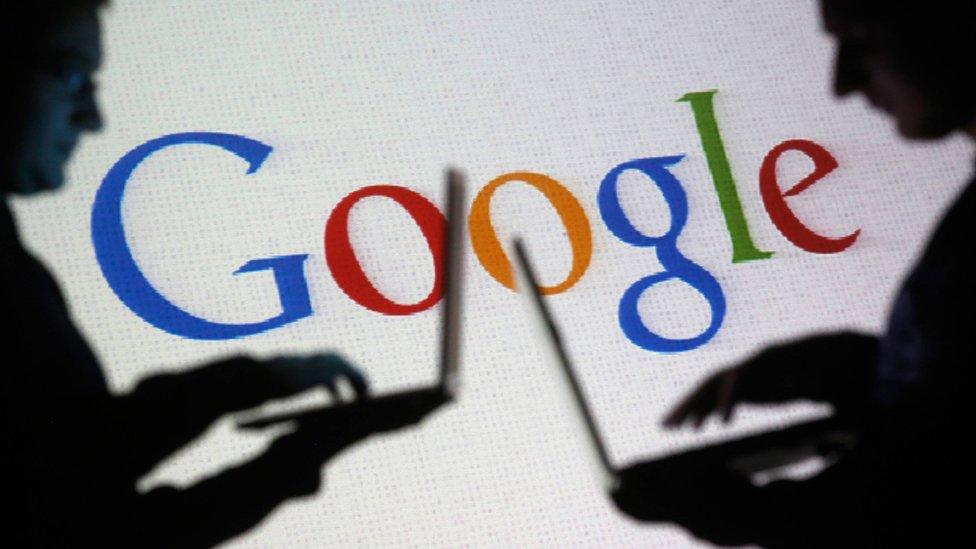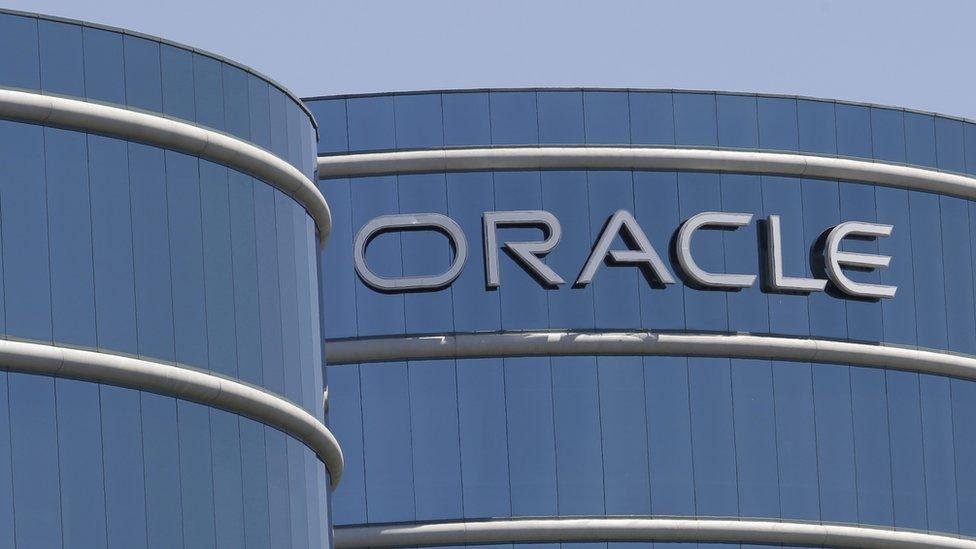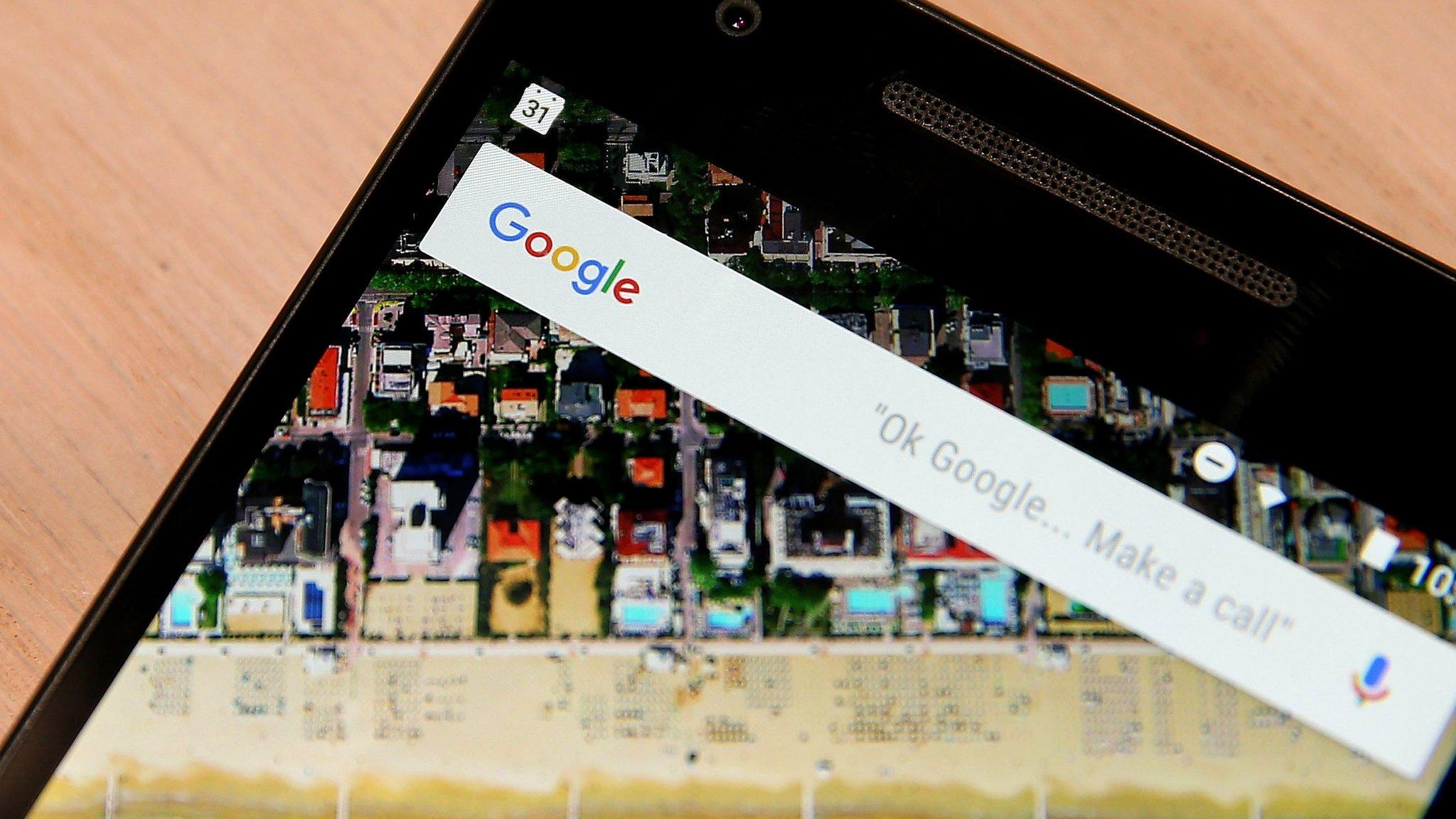Google wins in Java fight with Oracle
- Published

Google has won a legal battle with Oracle over the use of Java software in Google's Android operating system.
Oracle, which owns Java, argued that Google had infringed its copyright and had sought almost $9bn (£6.1bn) in damages.
The long-running legal battle has been closely watched as Java is widely used, and Android runs 80% of the world's mobile devices.
Oracle says it will appeal to the US Supreme Court.
"We strongly believe that Google developed Android by illegally copying core Java technology to rush into the mobile device market," said Oracle lawyer Dorian Daley.
"Oracle brought this lawsuit to put a stop to Google's illegal behaviour. We believe there are numerous grounds for appeal and we plan to bring this case back to the federal circuit on appeal."
Fair use
Google, and its parent company Alphabet, argued that they should be able to use Java for free under the "fair use" clause.
Fair use under US copyright law allows some access to material without the permission of the rights holder.
The jury at the US District Court in San Francisco unanimously upheld that argument.
In a statement Google described today's verdict as "a win for the Android ecosystem, for the Java programming community, and for software developers who rely on open and free programming languages to build innovative consumer products."

'Irreversible' damage
Oracle had argued the success of Android was in danger of "destroying" interest in Java.
The "widespread dominance" that Android had achieved in the mobile phone market had done "irreversible" damage to Java's potential market, said Oracle.
That success was based on Google using 37 Java packages without permission, it argued.
The case had previously been to trial in 2012, but that ended in a deadlocked jury.
- Published14 August 2015

- Published20 April 2016
